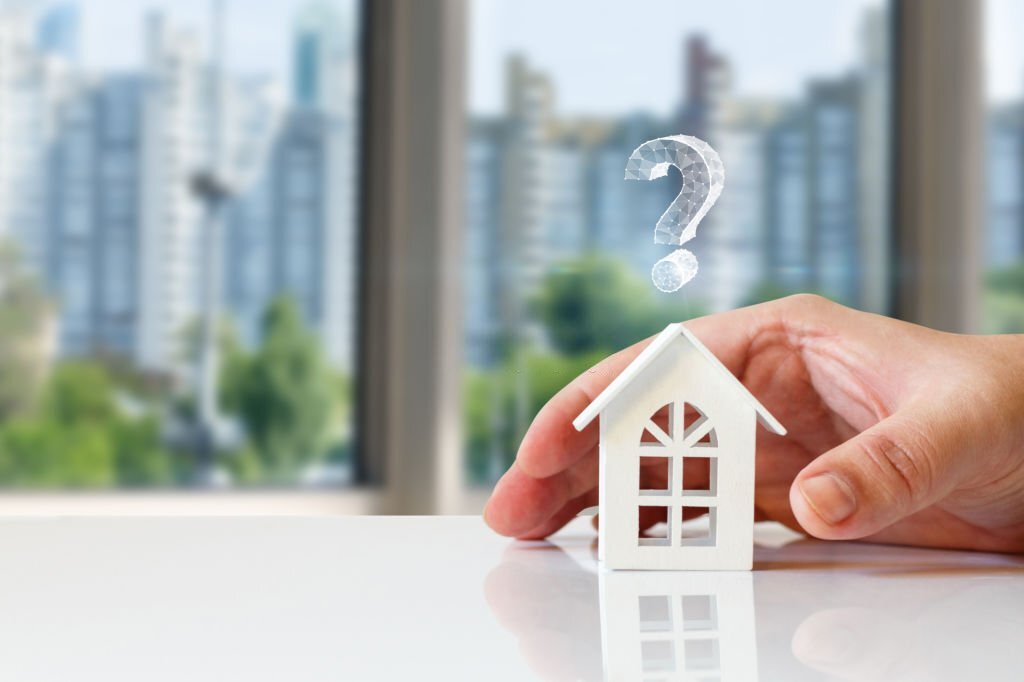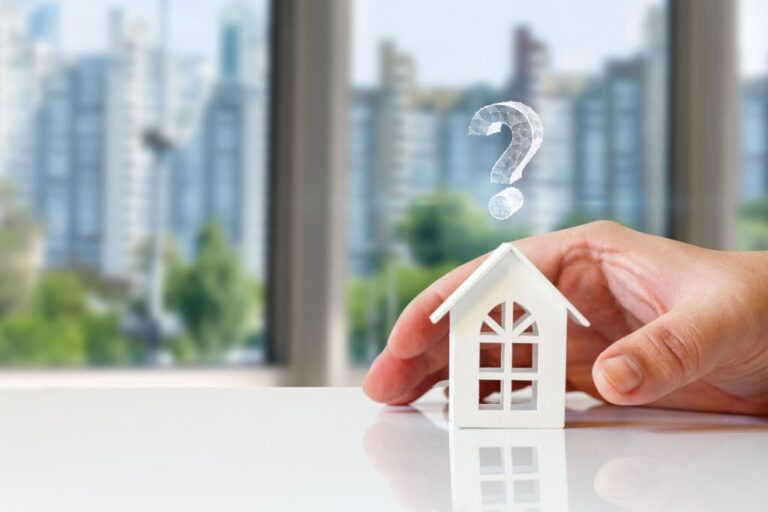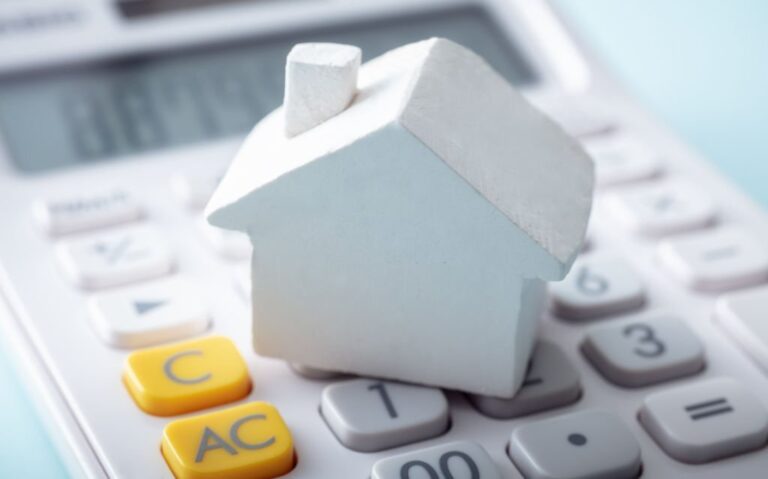Importance of Investing in Your Home
Your home is not only a place to live but also a valuable asset. Investing in your home can provide long-term benefits, such as increased equity and the potential for higher resale value. By implementing strategic improvements, you can enhance your home’s value and reap the rewards in the future.
Range of Strategies to Increase Home Value
When it comes to increasing your home’s value, there are various strategies you can consider. These strategies range from enhancing the overall attractiveness of your home to making it more energy-efficient and low-maintenance. By combining these approaches, you can maximize the value of your property.
Importance of Curb Appeal
Curb appeal plays a crucial role in making a positive first impression on potential buyers. The exterior of your home should entice them to step through the front door. Improving the curb appeal not only increases the value of your home but also attracts more interested buyers.
Tips for Enhancing the Exterior
Maintain existing landscaping
Well-maintained landscaping can significantly enhance the appearance of your home. Regularly trim hedges, mow the lawn, and keep the garden tidy. A neat and inviting outdoor space creates an inviting atmosphere for potential buyers.
Consider planting flowers or repainting the front door.
Adding a splash of color to your front yard by planting flowers or repainting the front door can instantly boost the curb appeal. Vibrant blooms and a fresh coat of paint can create a welcoming and visually appealing entryway.
Focus on updating the kitchen and bathrooms.
Outdated kitchens and bathrooms can deter potential buyers and hinder your home’s value. By focusing on updating these key areas, you can significantly increase your home’s appeal. Consider minor remodels, such as replacing fixtures, repainting cabinets, or upgrading countertops, to make a big impact without breaking the bank.
By investing in these exterior improvements and updating essential interior spaces, you can make your home more attractive to potential buyers and ultimately increase its overall value.
Benefits of a Low-Maintenance Home
Opting for a low-maintenance home brings several advantages. By reducing the need for constant upkeep, you can save time, money, and effort in the long run. Low-maintenance homes also appeal to potential buyers who value convenience and prefer properties that require minimal ongoing maintenance. Investing in low-maintenance features can enhance the overall appeal and value of your home.
Suggestions for Reducing Future Maintenance

Replace major components nearing the end of their lifespan
When certain major components of your home, such as the furnace, water heater, or roof, are approaching the end of their lifespan, consider replacing them proactively. By addressing these components before putting your home on the market, you can alleviate concerns buyers may have about potential emergency repairs in the near future. This proactive approach can also help you command a higher price for your property.
Opt for low-maintenance features like hardwood floors and vinyl siding.
Choosing low-maintenance features for your home can significantly reduce future maintenance requirements. Hardwood floors are durable, easy to clean, and can withstand wear and tear better than carpeting. Vinyl siding, on the other hand, is resistant to rot, insects, and the need for regular painting. These features not only make your home more attractive to buyers but also minimize the time and effort needed for ongoing maintenance.
Value of Energy-Efficient Features
Energy-efficient features offer multiple benefits for homeowners. They not only reduce utility bills but also contribute to a more sustainable and environmentally friendly home. Additionally, energy-efficient homes are increasingly desirable to buyers who prioritize energy conservation and lower operating costs. By improving your home’s energy efficiency, you can enhance its value and appeal in the real estate market.
Strategies for Improving Efficiency
Install energy-efficient appliances
Upgrading to energy-efficient appliances, such as refrigerators, dishwashers, and washing machines, can have a significant impact on your home’s energy consumption. Energy-efficient appliances use less electricity or water without compromising performance. When potential buyers see these efficient appliances in your home, it adds to the overall appeal and value.
Upgrade to double-paned windows and enhance insulation.
Windows and insulation play a crucial role in a home’s energy efficiency. Upgrading to double-paned windows reduces heat transfer, improves insulation, and helps maintain consistent indoor temperatures. Enhancing insulation in walls, attics, and basements further minimizes energy loss and increases energy efficiency. These upgrades not only contribute to a more comfortable living environment but also enhance the value of your home.
Consider installing solar panels for long-term value.
Solar panels offer long-term value by harnessing renewable energy and reducing reliance on traditional power sources. They can generate electricity, reduce utility bills, and potentially provide a source of income through net metering or selling excess energy back to the grid. While solar panels require an upfront investment, they can significantly increase your home’s value and attract eco-conscious buyers seeking sustainable living options.
By incorporating these low-maintenance and energy-efficient features into your home, you can enhance its value, attract potential buyers, and enjoy the benefits of reduced maintenance and lower energy costs. Prioritize these improvements based on your budget, local market trends, and long-term goals to make the most impactful changes to your home.
Open Floor Plan and Increased Storage Space
Embrace the open floor plan concept: Open floor plans are highly sought after by today’s homebuyers, as they create a sense of spaciousness and allow for more natural light to flow throughout the home. Consider removing unnecessary walls or barriers to create a seamless transition between living, dining, and kitchen areas. However, it’s important to create defined zones within the open space to maintain functionality and visual appeal. Using different flooring materials or area rugs can help delineate different areas.
Maximize storage options: Adequate storage space is highly valued by homeowners. Consider adding built-in shelves, cabinets, or closets to optimize storage potential throughout your home. For example, install shelves in unused wall space or create a recessed niche to showcase items. Increasing storage capabilities not only improves organization but also enhances the overall functionality and appeal of your home.
Importance of Updated Lighting and Freshening Up
Upgrade lighting fixtures: Lighting plays a significant role in setting the ambiance and functionality of a space. Consider replacing outdated fixtures with modern, energy-efficient options that enhance both style and performance. Install dimmer switches to allow for adjustable lighting levels and create different moods within each room. Adequate and well-placed lighting can make your home more inviting and visually appealing.
Freshen up your home’s interior: A fresh coat of paint can instantly transform the look and feel of a room. Opt for neutral colors to appeal to a wider range of potential buyers. Additionally, consider replacing worn-out carpets or refinishing hardwood floors to give your home a refreshed and well-maintained appearance.
Suggestions For Maximizing Value
Minor kitchen remodel and bathroom updates: Kitchens and bathrooms are key areas that potential buyers focus on. A minor kitchen remodel may include updating cabinet fronts, replacing hardware, and installing new countertops. In bathrooms, consider replacing outdated fixtures, upgrading faucets, and improving the overall aesthetics. These upgrades can significantly enhance the overall appeal and value of your home.
Energy-efficient upgrades like solar panels: Energy efficiency is increasingly important to homeowners. Installing solar panels not only reduces energy costs but also adds long-term value to your home. Potential buyers appreciate the environmental benefits and potential savings associated with renewable energy sources.
Curb appeal enhancements through landscaping and front door updates: First impressions matter. Invest in landscaping improvements to enhance your home’s curb appeal. Planting flowers, trimming shrubs, and maintaining a well-kept lawn can make a significant difference. Additionally, consider updating your front door with a fresh coat of paint or replacing it with a more attractive and energy-efficient model. These simple enhancements can make your home more inviting and appealing to potential buyers.
By implementing these tips, you can add value to your home while simultaneously improving your living experience. Remember to consider your budget, market trends, and the specific needs of your home to make informed decisions. Investing in the right areas will not only increase your home’s value but also make it more desirable to potential buyers in the future
FAQ:
How can I add value to my home on a budget?
Adding value to your home on a budget can be achieved through various cost-effective strategies such as decluttering and deep cleaning, enhancing curb appeal, repainting walls, upgrading fixtures and hardware, improving lighting, and adding energy-efficient features.
How do I add value to my new build?
To add value to a new build, focus on selecting high-quality materials and finishes, optimizing the layout and flow of the space, incorporating energy-efficient features, installing modern amenities, landscaping the exterior, and ensuring proper insulation and ventilation.
What adds value to a house?
Several factors can add value to a house, including location, desirable neighborhood amenities, updated kitchens and bathrooms, ample storage space, energy-efficient features, functional floor plans, curb appeal, well-maintained landscaping, and additional living spaces like a finished basement or attic.
What adds the most value to a house?
The features that tend to add the most value to a house are often major renovations or improvements such as kitchen remodels, bathroom renovations, adding additional living space, upgrading the HVAC system, replacing windows, and enhancing the overall curb appeal of the property. However, the impact of each feature on value can vary depending on factors like location and market trends.




